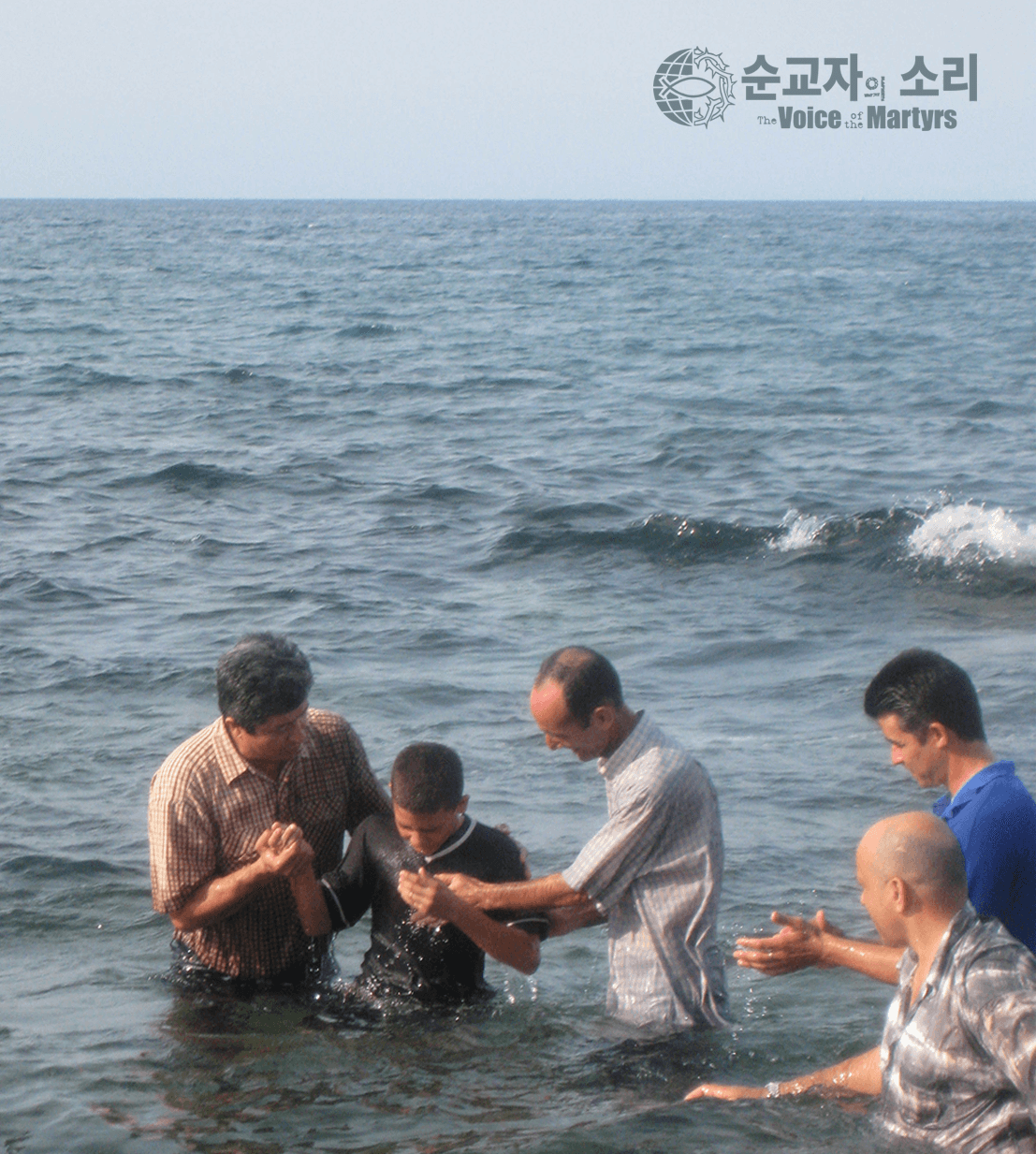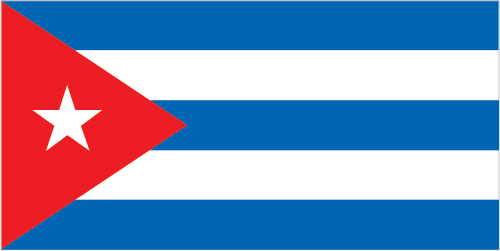DESIGNATION: Restricted
OVERVIEW: Despite the change in leadership in 2018, churches in Cuba face unrelenting pressure from the government, which remains committed to communism’s atheistic beliefs and sees them as a threat to the revolution. When church leaders resist state teachings that are contrary to God’s Word and disobey government restrictions on Christian witness, they are called in for interrogation. Since gathering in unregistered churches and constructing new church buildings continue to be banned, many churches continue to illegally build places of worship. In the past few years, the waning “spirit of the revolution” has been revived. Many have again become committed to the nationalistic, communist ideology championed by Fidel Castro and Che Guevara in the 1950s. Cubans remain poor, with the government seeking to control every aspect of life
MAJOR RELIGIONS: Most Cubans are atheists. A significant number of Cubans engage in superstitious and spiritist practices, including the Afro-Cuban religion of Santeria. 11 percent are evangelical Christians.
PERSECUTOR: The government persecutes Christians.
WHAT IT MEANS TO BE A CHRISTIAN IN CUBA: Concern for its global reputation has caused the Cuban government to change tactics in regard to persecution. Christian leaders are often called into meetings with government officials or imprisoned for up to 48 hours to pressure them. Churches are demolished by hired gangs so the government can deny responsibility. Church buildings are seized, and no new church buildings have been built in the country since the revolution. Many believers meet in unsanctioned “house churches,” often extensions of the pastor’s home or shaded structures in the back yard. The church continues to grow through active evangelism, but some of the country’s estimated 1 million believers have never owned a Bible. Though no Christians are known to be imprisoned in Cuba, many are so closely watched by the government that they are effectively under house arrest. In addition, Christians are often denied jobs and educational opportunities.
ACCESS TO BIBLES: Though great strides have been made in Bible distribution in recent years, access remains restricted. In 2017, Cuba allowed the legal purchase and sale of Bibles only to members of the ecumenical Protestant church organization, but most Christian literature remains illegal. There are no Christian bookstores on the island. Bibles can cost up to a third of a worker’s monthly income.
VOM WORK: VOM distributes Bibles and supports discipleship and evangelism.




